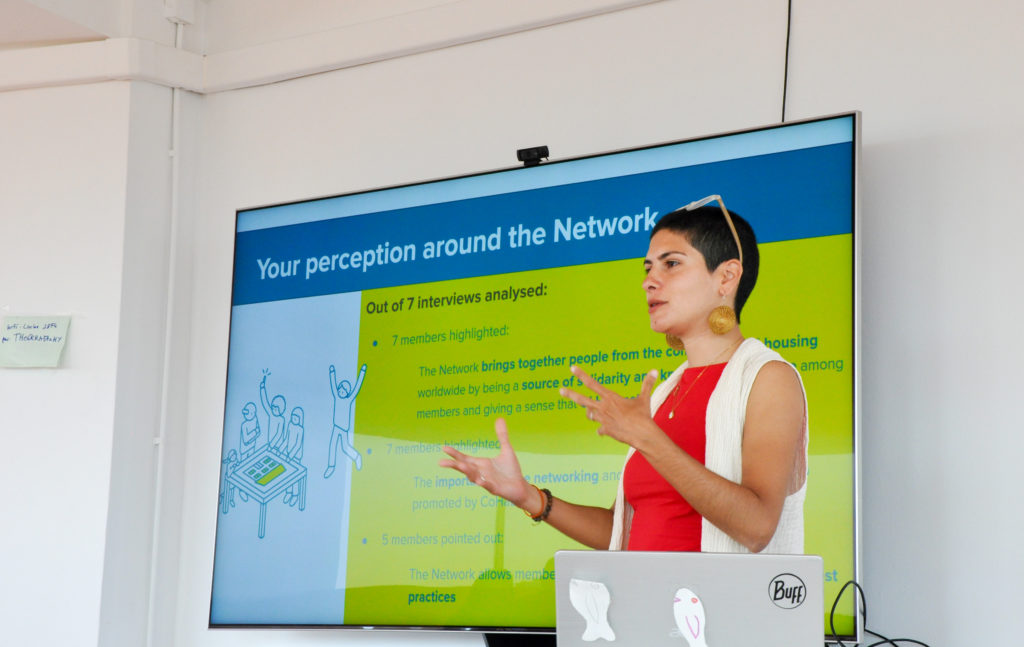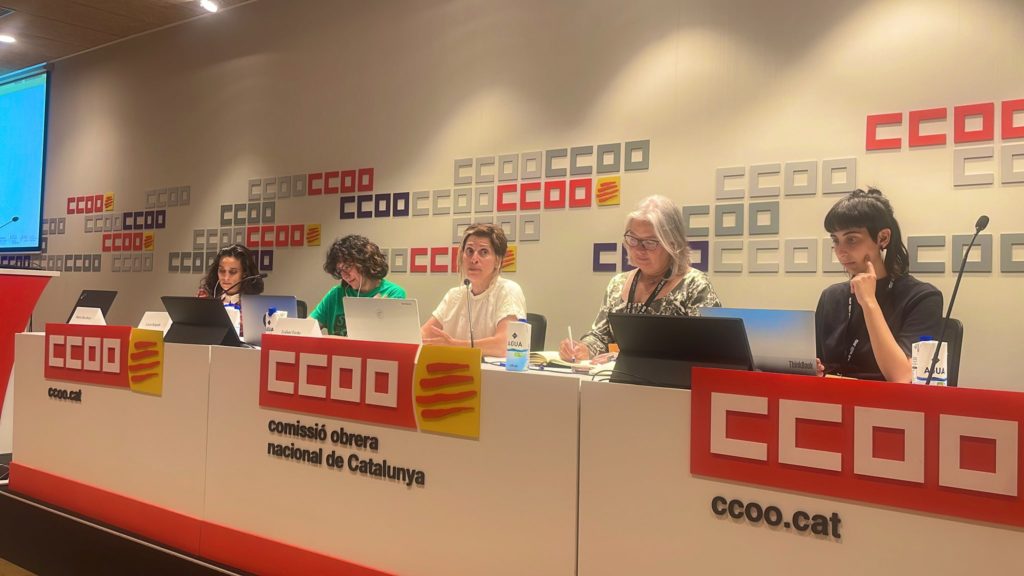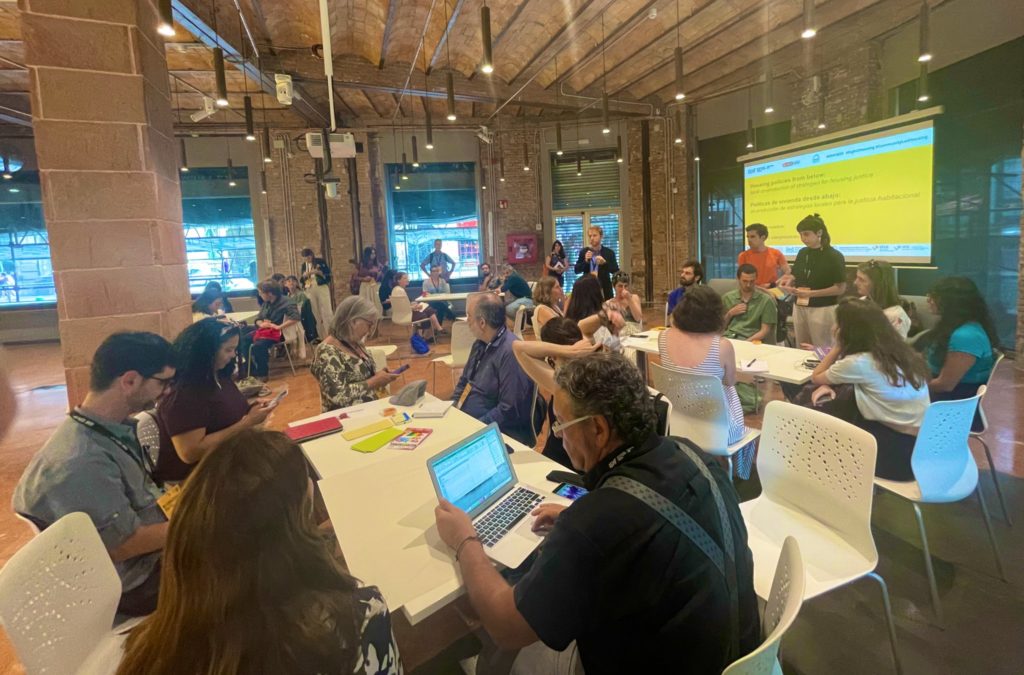
Barcelona. Photo by Aleksandar Pasaric on Pexels
The International Social Housing Festival (ISHF) 2023 (Barcelona, 7-9 June 2023) was a space for exchanges and debates around different experiences and models to secure the provision of social and affordable housing, also highlighting the opportunities and limitations to advance these models taking into account the current global context, as well as regional and local particularities. The International Social Housing Festival (ISHF) is an initiative by Housing Europe, that has also taken place in Helsinki (2022), Lyon (2019) and Amsterdam (2017).
Under the main thematic “learning from the challenges and policy responses of mature and emerging housing systems”, the ISHF promoted dialogues bridging the experiences of different regions, especially from southern Europe, the Americas and Barcelona and Catalunya. The discussion ranged from various models to support housing provision, through different actors, to the use of subsidies to secure affordability or the role of land-use instruments to support affordable housing initiatives. Special attention was paid to constructing an intersectional approach between housing and other aspects such as migration, climate justice, care and gender justice as well as intergenerational perspectives.
The festival featured a richness of voices from actors and institutions involved in shaping housing policies and initiatives. Beyond the traditional actors, voices were heard from non-profit social housing providers, cooperatives, community-led housing projects; academic and research organizations, as well as housing observatories; local and regional governments; tenant organizations and social movements; housing agencies and others.
The GPR2C at the ISHF 2023
Following this spirit, the activities led by the members and allies of the Global Platform for the Right to the City (GPR2C) also highlighted the diversity of actors and approaches to defend the right to adequate housing. In particular, we highlight the activities promoted by the Cohabitat network, including a session focused on cities leading community-led housing initiatives in France, Belgium, Spain and other countries; as well as the network’s annual member meeting, which focused on updating their strategy and action plan.

On the 8th of June, the GPR2C along with CIDEU, Habitat International Coalition, the International Institute for Environment and Development, Observatory DESC, UCL’s Bartlett Development Planning Unit and United Cities and Local Governments and its committee on Social Inclusion, Participative Democracy and Human Rights organized a joint workshop entitled “Housing policies from below: local co-production strategies for housing justice”.
The objective of the session was to address how housing policy is shaped by local actors inside and outside public institutions and how these practices respond to the housing emergency with short and long-term actions across the globe, with a particular focus on the alliances that are driving such initiatives, particularly between local governments and civil society.
Going beyond a shared diagnosis, the workshop spanned diverse modalities that compose housing policy, based on three pillars for advancing the right to adequate housing:
- Recognizing the housing entitlements of those systematically discriminated from their rights, as well as acknowledging housing processes that take place beyond the realm of formal planning;
- Protecting housing rights by providing adequate regulations, frameworks, and incentives, including market regulation, protection to different forms of land tenure and regulations against forced evictions and discrimination,
- Fulfilling housing rights through the direct provision of housing units, by building new houses to keep and manage them as rental public units or to give in private ownership; or by recovering existing building stock, including enabling different forms of community-led and co-produced housing

The workshop opened with a panel focused on experiences for recognizing, protecting and fulfilling the right to Housing from the local level. Chaired by Zaida Muxí, Professor at Escuela Técnica Superior de Arquitectura de Barcelona, Universidad Politécnica de Cataluña, the pannel counted with testimonies of María Elisa Rocca, General Director for Affordable housing, Instituto de Vivienda de la ciudad de Buenos Aires, Argentina, Lucía Delgado, Plataforma de Afectados por la Hipoteca, Spain and Leilani Farha, The Shift Global Director.
María Elisa Rocca focused on the tools of Local and Regional Governments to collaborate with civil society, sharing the experience of participatory neighborhood upgrading carried out in Villa 20 starting in 2016, under which a series of participatory workshops were held with inhabitants in order to draft a masterplan for the re-urbanization of the neighborhood. Lucia Delgado shared the 14 years of struggle of the Plataforma de Afectados por la Hipoteca and the key role of local grassroots organizations in driving and shaping changes in housing policy in different spheres. In particular, Lucia focused on the incremental strategy followed, prioritizing community organization and solidarity, starting with actions to face the unprecedented wave of evictions following the 2008 mortgage crisis and then building on this mobilization and collective knowledge to inform policies and legislation that truly reflects the daily reality of those in need of housing. Finally, Leilani Farha built on her experience as Special Rapporteur on the Right to Adequate Housing to share strategies taken to reinforce the capacity of action of local and regional governments, such as the Cities for Adequate Housing Declaration (2018), highlighting the key role played by cities in bridging the proximity they have with inhabitants and the demand to respond to increasingly complex issues that go beyond their capacities and competences, with the ability to act together at the international level to defend actions that uphold housing as human right.

Following the panel, the more than 40 participants present at the workshop joined a series of participatory discussions about strategies led by different actors for recognizing, protecting and fulfilling housing rights. Participants were invited to share the main challenges being faced in their work related to the right to housing at the local level and, identify concrete and diverse practices, strategies and alliances. Jointly, participants reflected on what was shared, seeking to identify why these initiatives were strategically emerging at the local level.
In general, a key challenge observed was related to the worsening of conditions related to access to adequate housing and the need to enhance a paradigm that recognizes housing as a right and not a commodity. Participants shared both from a civil society and local government points of view, different strategies to advance into pathways for recognizing and protecting housing as a right, ranging from campaigning, long-term advocacy, research and direct action. In terms of the concrete responses being advocated for and led by participants, the role of alliances between grassroot actors, social enterprises and local governments was highlighted, in particular regarding the possibilities of advancing other models for the provision of housing that rely on the leadership of communities, with diverse tenure systems, such as led by cooperatives. The role of regulation and legislation was very much highlighted, in particular regarding the challenges of getting legal recognition to some of these initiatives, but also how progress regarding regulation at local and regional level can be made in terms of rent regulation and land-use.




